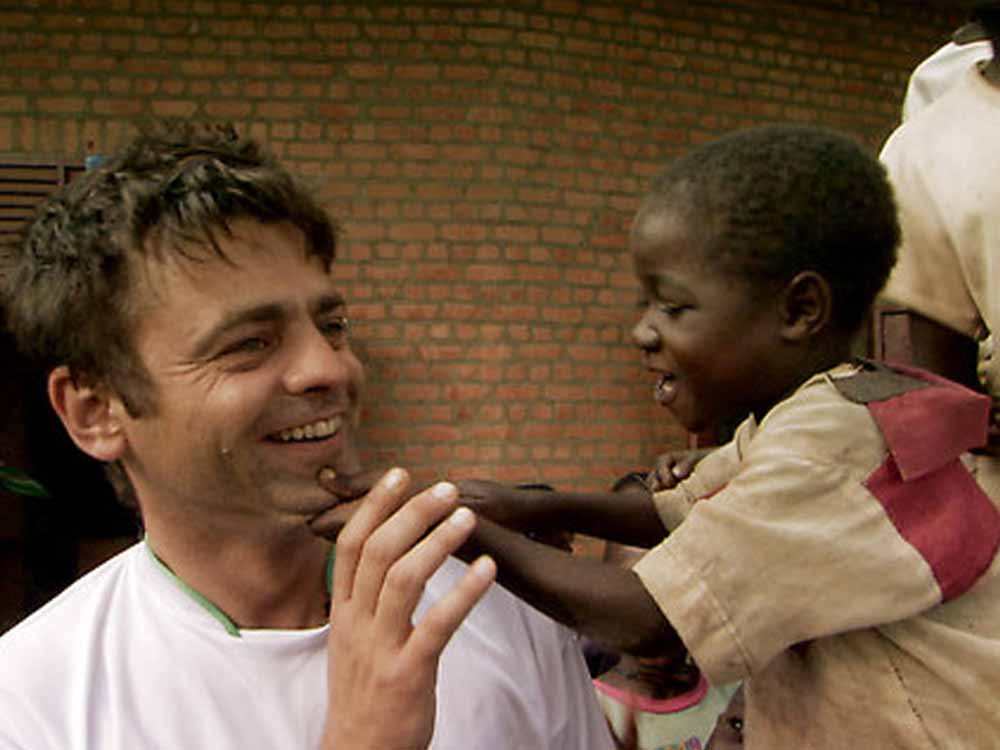Doctors Without Borders in 2010 – Healing in Crisis
The year 2010 was a critical chapter in the history of Médecins Sans Frontières (Doctors Without Borders), an international medical humanitarian organization. Faced with a myriad of global crises, the organization demonstrated unwavering commitment and resilience in delivering healthcare to those in need. This article explores the multifaceted efforts of Doctors Without Borders in 2010, from responding to emergencies to advocating for global health equity.
Responding to Humanitarian Crises – A Global Mandate
Doctors Without Borders was at the forefront of responding to major humanitarian crises in 2010. From earthquakes to conflict zones and disease outbreaks, their teams of medical professionals provided essential healthcare services in some of the world’s most challenging environments. The earthquake in Haiti and the floods in Pakistan were among the crises that demanded urgent medical intervention, showcasing the organization’s agility and effectiveness.
Mobilizing Medical Teams – A Humanitarian Force
The organization’s success lay in its ability to rapidly mobilize medical teams comprised of doctors, nurses, surgeons, and other healthcare professionals. These teams were deployed to areas where medical infrastructure was strained or non-existent, ensuring that timely and life-saving medical care reached those affected by crises. The commitment to impartiality and independence remained central to their mission.
Advocacy for Access to Medicines – Addressing Global Health Inequities
Beyond immediate medical interventions, Doctors Without Borders engaged in advocacy efforts to address systemic issues affecting healthcare access. The organization campaigned for increased access to essential medicines, calling attention to pharmaceutical industry practices that hindered affordability and availability, particularly in low-income countries. Their advocacy work aimed at fostering systemic change in global health policies.
Challenges and Reflections – Navigating Complexity
While Doctors Without Borders achieved significant milestones in 2010, they faced challenges inherent to operating in complex and often volatile environments. Security risks, logistical hurdles, and the increasing politicization of humanitarian aid were among the challenges that required adaptive strategies. The year prompted reflections on the evolving nature of humanitarian crises and the need for a holistic, patient-centered approach to healthcare in emergency settings.
In conclusion, Doctors Without Borders in 2010 exemplified the organization’s commitment to delivering medical care where it was needed most. Their ability to respond swiftly to crises, advocate for systemic change, and navigate challenges underscored the crucial role they play in the global health landscape.










